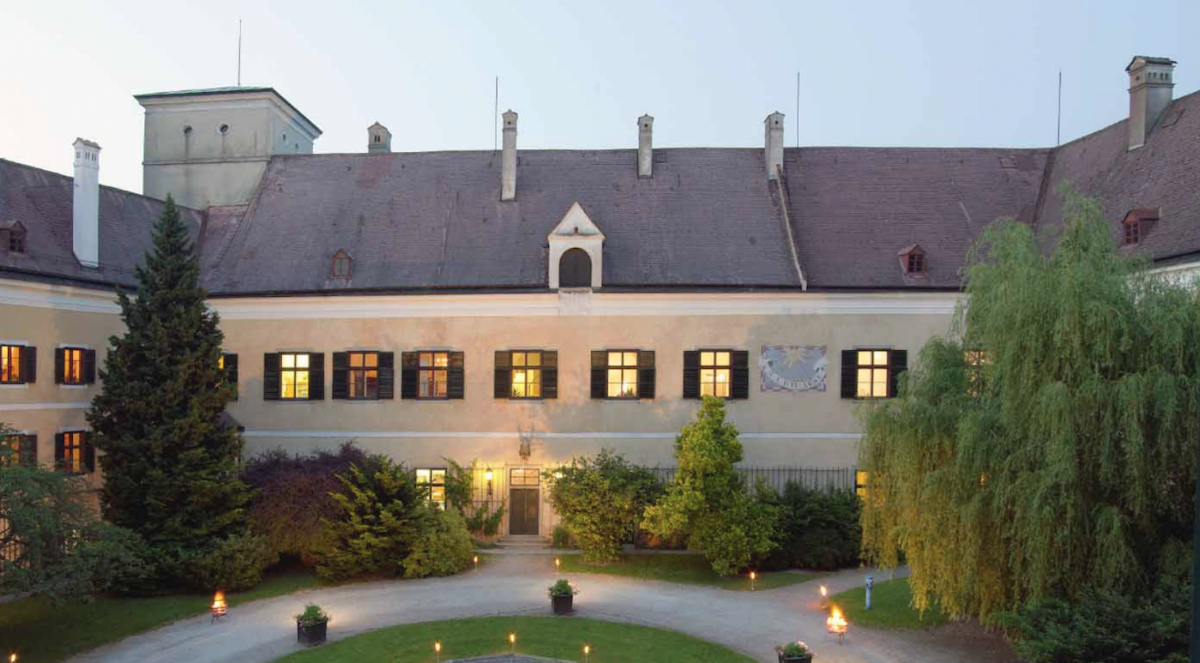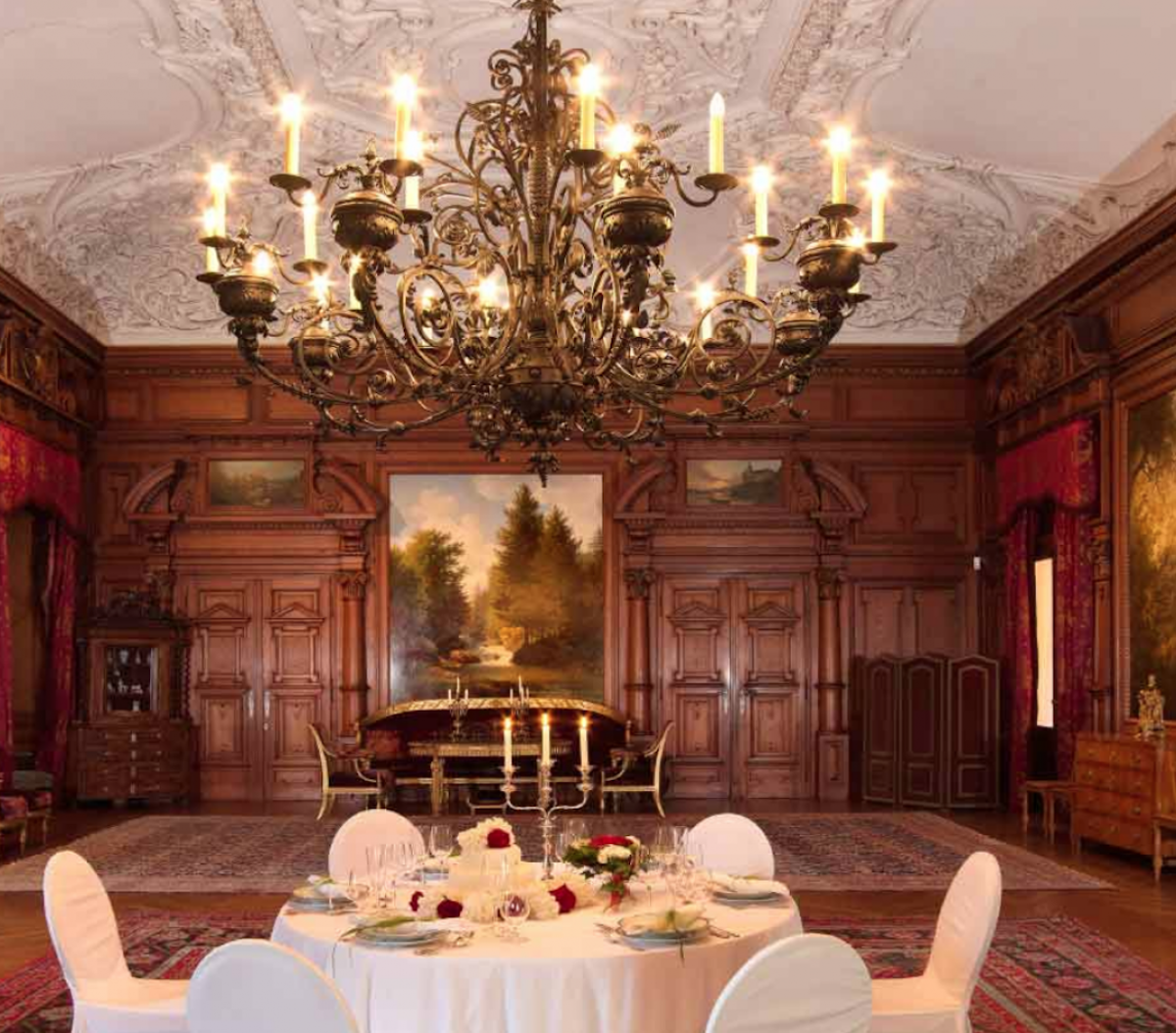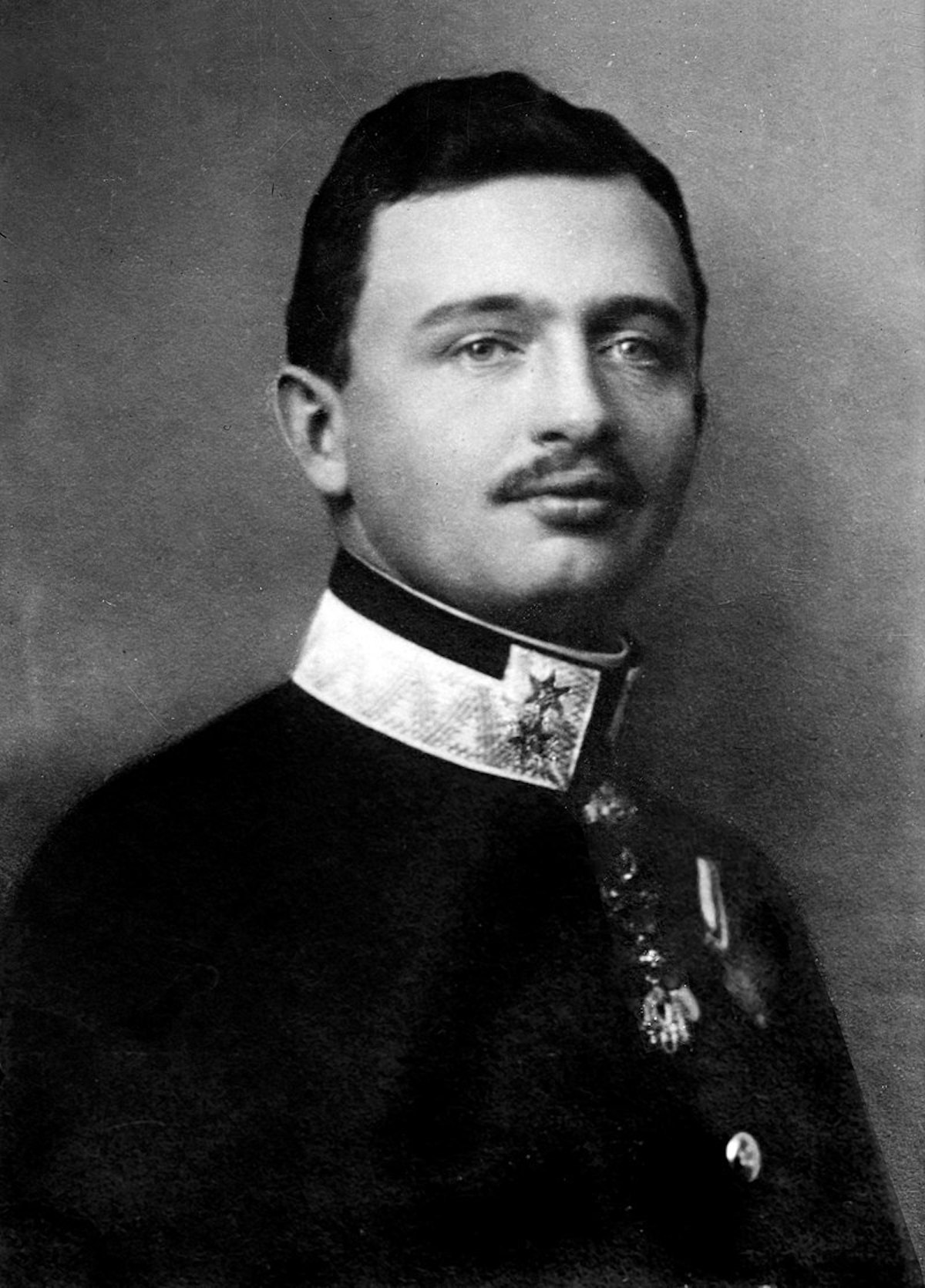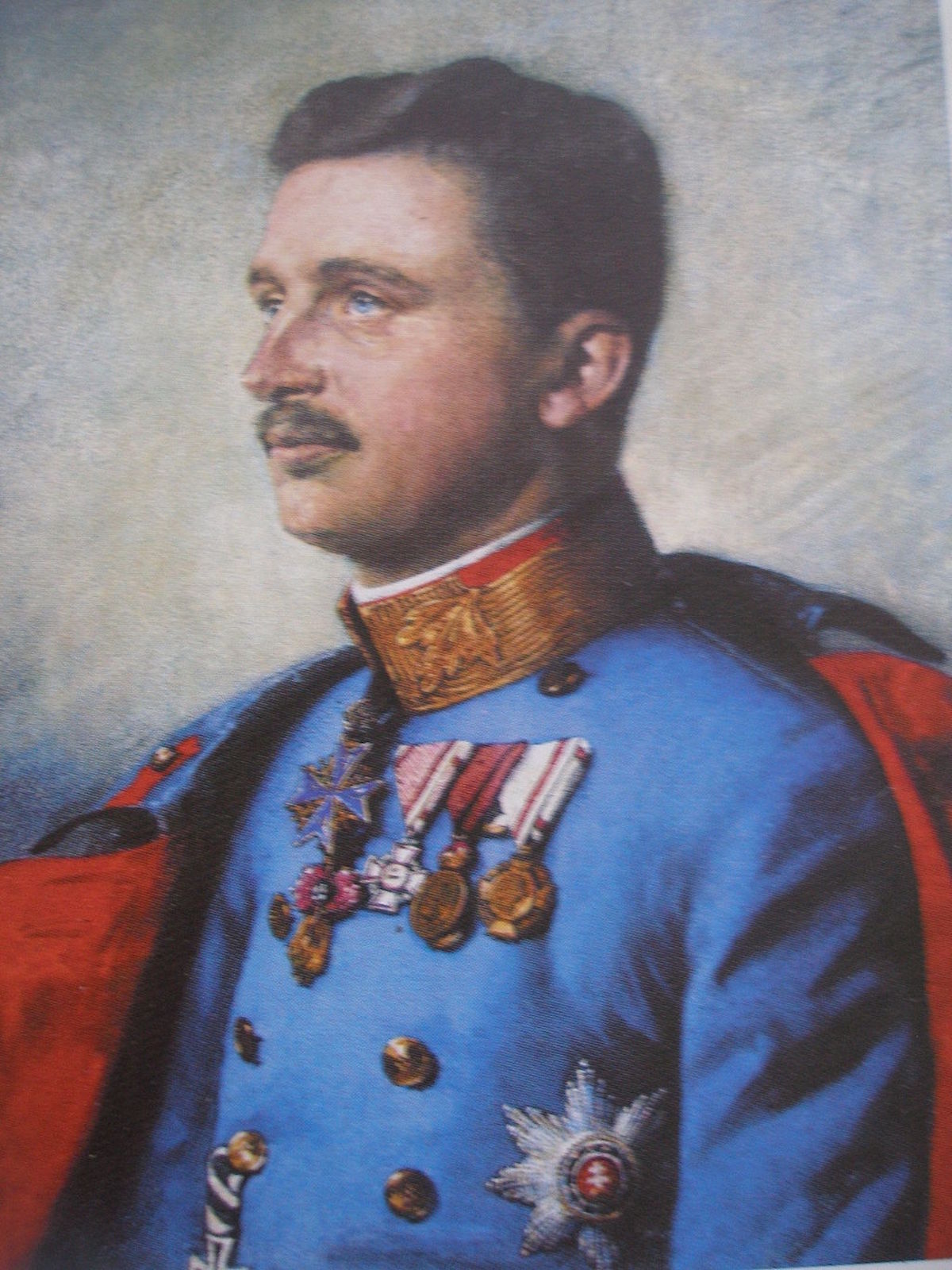Charles I (Czech: Karel III) was the last Emperor of Austria, King of Hungary, and King of Bohemia. He was born in the beautiful Persenbeug Castle in Austria in 1887, toward the end of Summer.
Though his father was an Archduke and his mother a Princess, he was not in line for the throne until his uncle, Archduke Franz Ferdinand of Austria was assassinated in 1914. It was only at this point in time that he became heir presumptive of Emperor Franz Joseph.


As a young man, however, Charles, was unaware of what the future held for him. After completing his studies, he entered the army. He spent most of his early time as an officer in Prague, the dazzling capital of Bohemia (now known as The Czech Republic), but during the next few years, his military duties took him to various other Bohemian towns as well. During his time in Prague, Charles pursued studies in Law and Political science in addition to his military duties. At this point however, he had no insights into real affairs of state and instead led the life of a young prince who is not destined for a high political position. All of this changed in 1914, when his uncle was assassinated and he became heir to the throne.
Charles ascended the throne in November of 1916, after the death of his grand uncle, Emperor Franz Joseph. The following month, in December of 1916, Charles also succeeded Archduke Friedrich as Supreme Commander of the entire army.

During World War I, the Austro-Hungarian Empire suffered from great inner turmoil, especially toward the end of the war. This was mainly due to tension between ethnic groups. These groups wanted full autonomy as separate nations and strove to become independent from Vienna.When the Central Powers were defeated in World War I, the kingdom seemed destined to dissolve, at which point Bohemia would become the Czechoslovak Republic.
Charles attempted to save the Austro-Hungarian empire from dissolution by granting the Polish full independence and transforming the remaining Austrian lands into a federal union composed of four parts including Ukrainian, German, South Slav, and Czech. But autonomy for the nationalities within the Empire was not enough.
Charles’ attempts were unsuccessful. By October of 1918, the empire was official dissolved and the State of Slovenes, Czechoslovakia, and the Croats and Serbs were proclaimed. Hungary also broke ties with Austria. Soon afterward, Charles renounced participation in state affairs. The following day, the Republic of Austria was proclaimed. Even though he had renounced participation in state affairs, however, does not mean that he abdicated the throne. It was not until April 1919 that Charles I was formally dethroned by the Austrian Parliament. He exiled to Switzerland. He attempted to restore the monarchy and even to reclaim the Hungarian throne in 1921. But his attempts failed due to a lack of support.

And so the last king of Bohemia faded, just as the great Kingdom of Bohemia faded, becoming the First Czechoslovak Republic (Czech: První československá republika), or more commonly known simply as Czechoslovakia. The First Czechoslovak Republic was a state which existed from 1918 to 1939, when Germany occupied Czechoslovakia during the Second World War. But that is a different story for a different time. After this, the Czech nation underwent many changes, but through it all it always retained its unique art and culture, history and traditions, and of course its people.
If you are interested in learning more about the History of Czech, be sure to check out our articles on the History of Czech.
We know that you could spend hours, days, weeks and months finding some of this information yourselves – but at this website, we curate the best of what we find for you and place it easily and conveniently into one place. Please take a moment today to recognize our efforts and make a donation towards the operational costs of this site – your support keeps the site alive and keeps us searching for the best of our heritage to bring to you.
Remember, we rely solely on your donations to keep the project going.
Thank you in advance!
If you have not already subscribed to get TresBohemes.com delivered to your inbox, please use the form below now so you never miss another post.

















